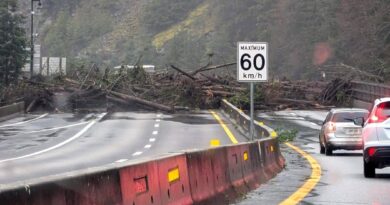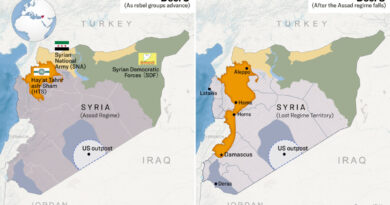Energy Investors in Australia Reject Nuclear Investment Due to Lack of Commercial Viability
The Clean Energy Investor Group (CEIG) stated that its members are in favor of renewables, considering them to be the most cost-effective technologies.
A collective of energy investors has indicated that they are not looking into investing in nuclear energy in Australia due to its lack of commercial viability.
During a recent inquiry on nuclear power generation, Marilyne Crestias, the head of policy and advocacy at CEIG based in Melbourne, shared insights on the focus of energy investors in the country for the upcoming period.
CEIG consists of approximately 20 developers and investment managers who own fifty percent of all renewable assets in the National Electricity Market.
“Currently, none of them have shown interest in investing in nuclear energy in Australia due to the lack of commercial viability for such an investment,” Crestias informed the Select Committee on Nuclear Energy.
“If there were to be investments in nuclear technology in Australia, it would likely necessitate a significant amount of public funding to cover both the initial capital expenditure and ongoing operation of those assets because of their base load nature and the challenges in scaling them down.
Thus, we would most likely require substantial public funding throughout the lifespan of those assets.”
Simultaneously, Crestias affirmed her group’s support for the Australian Energy Market Operator’s (AEMO) integrated system plan (ISP).
“The ISP conveys a clear message regarding the technologies, their quantities, and the investment needed to achieve a dependable and affordable electricity system, ultimately benefiting consumers,” she stated.
Given that AEMO’s system plan identifies renewables as the most cost-effective route for Australia’s transition to net zero, CEIG stands behind these technologies.
“Our members endorse the advancement of cost-effective technologies like wind, solar, and storage, which can take various forms, including battery storage assets or pumped hydro,” Crestias mentioned.
Cheaper Pathway to AEMO’s System Plan
During the Committee session, a member questioned whether CEIG would support an alternative approach (including nuclear) to AEMO’s system plan if it proved to be more affordable.
Referencing a recent AEMO report, he highlighted that the current cost of the agency’s system plan, at $594 billion (US$370 billion), was five times higher than its initial projection.
In response, Crestias mentioned that the group’s members could contemplate a lower-cost pathway.
“Our members are in favor of the principles underlying the ISP, including the commitment to emission reductions, alignment with Australia’s decarbonization objectives, and ensuring that the proposed technologies in the ISP are both technically feasible and commercially viable to attract private capital,” she explained.
“Hence, provided that these principles are aligned, we would be open to considering an alternative approach if it proves to be more economical and upholds these principles.”
Crestias’s remarks coincide with the Opposition’s announcement of the cost of its nuclear strategy at $331 billion.
The Opposition claims that their plan could potentially save up to $263 billion (US$167.4 billion) compared to Labor’s renewable-only strategy and could reduce energy bills by 44% for Australians.
Industry Group Supports Affordable, Reliable Energy System
Meanwhile, Tennant Reed, the director of climate change and energy at the Australian Industry Group (AI Group), which represents over 60,000 Australian businesses, stated that the group’s members are keen on achieving competitive energy costs, ensuring sufficient energy reliability, and reaching net zero emissions across all sectors of the economy.
“To accomplish these objectives, focus is required on the overall energy systems, efficiently managing and investing in various assets and technologies across both the supply and demand sides,” he highlighted.
Reed noted that while the specific attributes of energy technologies are crucial to effective management and integration, the AI Group and its members are impartial to the specific technologies used as long as they deliver the desired outcomes of affordability, reliability, and net zero emissions.
Despite being a safe, clean, and globally significant energy source, Reed expressed doubt that nuclear power would be financially feasible in Australia.
Nevertheless, he suggested that nuclear’s viability might improve in the future, emphasizing the importance of lifting state and federal bans on the technology.
“However, it would not be prudent to scale back the implementation of the integrated system plan in the National Electricity Market, including transmission and large-scale renewable generation, on the assumption that nuclear’s relative attractiveness will drastically improve in the future,” he concluded.





